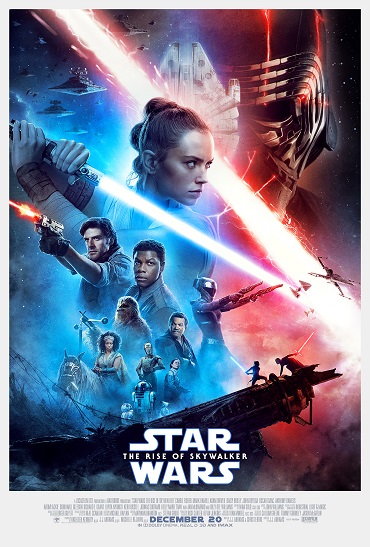

[Rating: Minor Rock Fist Up]
[SPOILER WARNING: This review features spoilers for Star Wars: The Rise of Skywalker]
Star Wars: The Rise of Skywalker is neither as bad as some would have you believe, nor is it as good as…well, a handful of passionate J.J. Abrams stans claim. A lazy pastiche of feel-good moments sandwiched between story beats that don’t make sense and a core mythology that can best be described as schizophrenic, the film is nonetheless well-constructed and confidently acted. No one hates Star Wars more than Star Wars fans, though, so the film is off to a “disappointing” $175 million-dollar domestic haul and middling-to-bad reviews from critics and audiences alike. How did we get here, though? How did one of the most stable, profitable, and cherished IP properties devolve into a mortal struggle for the hearts of popular culture connoisseurs the world over?
The answer is complicated, but it starts with director Rian Johnson, whose courageous, thoughtful, and daring take on the franchise kicked up an unholy shitstorm following the release of his Ep. VIII: The Last Jedi. Johnson dared to deconstruct the core mythology of the Star Wars universe by positing that there’s a world outside of “Skywalker,” which includes force users not connected to the galaxy’s first family. He also critiqued the heroic, big-dick energy of the franchise’s marque players by showing that brash, impulsive actions aren’t necessarily the path to victory. Sometimes, a hero just has to shut up, listen, and work within a larger unit to achieve success that they might prefer to just seize by jumping into the cockpit of an X-Wing and blowing up some shit.
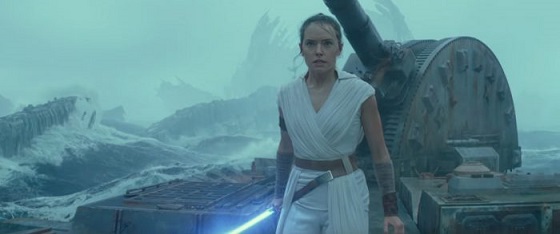
The decisions Johnson made might not have connected with everyone, but he was at least making them for the right reasons, for The Last Jedi sought to open this world up by humanizing it. Perhaps the most controversial maneuver in this regard was the treatment of Luke Skywalker (Mark Hamill), who was given a very fallible character arc that likewise tied into the meta narrative that mythic heroes won’t always be there to save the world. Luke as presented in The Last Jedi was full of regret and despair, yet found his way back like so many people who stumble and get back up because of the support and encouragement of a larger unit.
This was a movie that was trying to tell audiences that the “heroes” of the world don’t always have all the answers, and that normal folks who you’ve never heard of have the potential to be just as special as someone with a familiar last name. It was a tough sell; Johnson’s film wasn’t full of the easy answers and familiar character beats that audiences had come to expect following its nostalgia fueled predecessor, Episode VII: The Force Awakens. J.J. Abrams crafted that installment, which played it safe and generally kept the social media monsters at bay, so when the original director of Rise of Skywalker (Colin Trevorrow) got the axe, it stood to reason that Disney would run back to the safe alternative.
And nothing sums up Rise of Skywalker so well as “safe,” for it abandons the most notable character and narrative beats of The Last Jedi to swerve back into what the producers assumed people wanted. Whenever The Rise of Skywalker starts to veer into the risky (“you killed Chewie!”) it chickens out (“phew, he’s actually alive!”), and by the end of it, a coda is tacked on to allay fears and put to rest any doubt that these are indeed heroes doing some hero shit: hell, Rey even gets a hero’s last name!
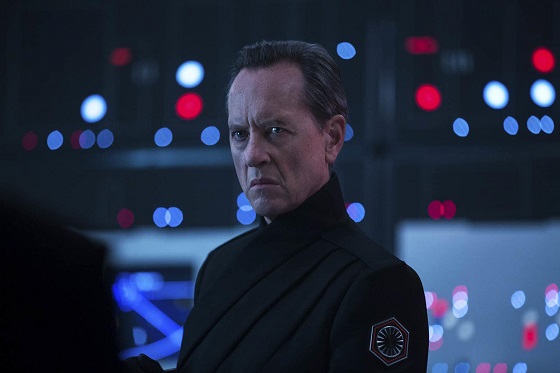
And even so, Rise of Skywalker isn’t as bad as all of that. No, seriously: it isn’t. Sure, the most recent installment took a dump on the apotheosis of a revived series that dared to take risks and challenge the patriarchy stitched into the fabric of the franchise. It sidelined Rose (Kelly Marie Tran), trashed Luke’s humanism, and even reached back into the guts of Return of the Jedi to trivialize Vader’s ultimate sacrifice by pulling Palpatine out of moth balls. Yeah, yeah, yeah, it did all that. But this isn’t prequel territory, because in case you had forgotten, there were three movies made between 1999 – 2005 that made this most recent installment look like Citizen-fucking-Kane.
Sure, Rise of Skywalker isn’t particularly great, and is riddled with problems, but don’t for one second try to tell me that it is even in the same league of mediocrity as the prequel trilogy. No, seriously: don’t try it, because I was fucking THERE, friend.
I was there at midnight on May 19th, 1999, watching with mouth agape as The Phantom Menace kicked off a new phase for the franchise with a laborious trade dispute, which was itself buttressed by a narrative that used Jar Jar fucking Binks (Ahmed Best) as the film’s narrative crutch. Remember, this is a film that took a solid 30-minute detour so it could tie in a pod racing component for merchandising purposes, and was only saved from outright derision because of an admittedly bad-ass character named Darth Maul (Ray Park)…which the film promptly killed off.
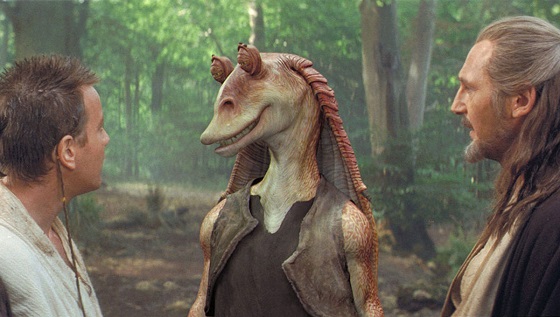
Somehow it got worse, though. Attack of the Clones introduced maybe the most tedious, poorly written, horrendously acted love story in movie history as presented by Hayden Christensen (who couldn’t act his way out of a paper bag) and Natalie Portman (who mailed her shit in postage-due). This film relied on no less than a dozen Jedi masters failing to use their psychic powers to suss out a very obvious fuckboi crush Anakin had on Padame, which itself laid the foundation for the fall of not just their order, but the governmental body of the galaxy.
And then there was Revenge of the Sith, which is only bandied about as decent because it is admittedly the least-bad film in a very bad film trilogy. No one who has seen this movie and watched Christensen howl “I hate you!” or shuddered at the first memory of Darth Vader screaming, “Nooooooooooooooo!” can state with any kind of honesty that this movie is anything other than a sometimes-entertaining abomination.
Yes, the prequels are laughably bad, and are only buoyed by decent performances from Ewan McGregor and Samuel L. Jackson, who (bless their hearts) did seem to be trying despite the ham-fisted dialogue they had to work with. None of their good work could make up for Jar Jar, the lousy writing, otherwise bad acting, or the I-hate-sand monologue, though. No: that hill was just too damn steep.
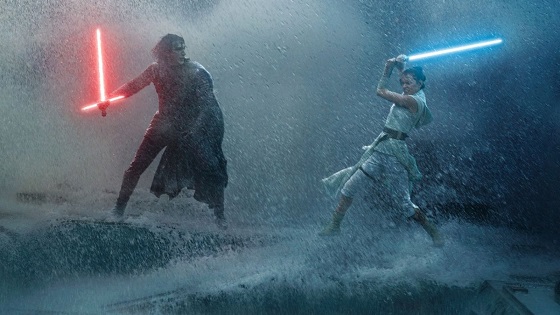
Which is why I state emphatically that while Rise of Skywalker isn’t great when compared to its two immediate predecessors, or the OG trilogy, it isn’t THAT bad. The acting in Rise of Skywalker is fantastic across the board, as is the deployment of its special effects, the pacing of the narrative, and the action that crackles throughout it all. Like The Force Awakens, it is more of a greatest hits cover album of a better film (in that case, New Hope, in this one, Return of the Jedi), which doesn’t make it bad so much as kinda sorta boring.
And that’s okay. I’ve lived through the prequel trilogy, and I’ll take unadventurous or boring over objectively awful any goddamned day. J.J. Abrams is a company man, and Kathleen Kennedy and the suits at Disney brought him in to serve up a final installment that banked on Q scores and Twitter trends to Frankenstein together a film that is as safe as possible. Like some kind of county fair hayride, Rise of Skywalker has been engineered as an alternative to the triple-loop roller coaster that got church moms and Joe Rogan fans all riled up last time, and while it is predictable and disappointing, it isn’t gonna send anyone to the hospital.
So just try and keep some perspective about things, dear readers. The Rise of Skywalker isn’t great, but compared to the prequels, it’s high fucking art. And that’s just fine, for after 9 series installments, two standalone films, and a handful of television shows, all of varying quality, perspective is key. Indeed, as Obi Wan (Alec Guinness) once said, “You’re going to find that many of the truths we cling to depend greatly on our point of view.”





Comments on this entry are closed.